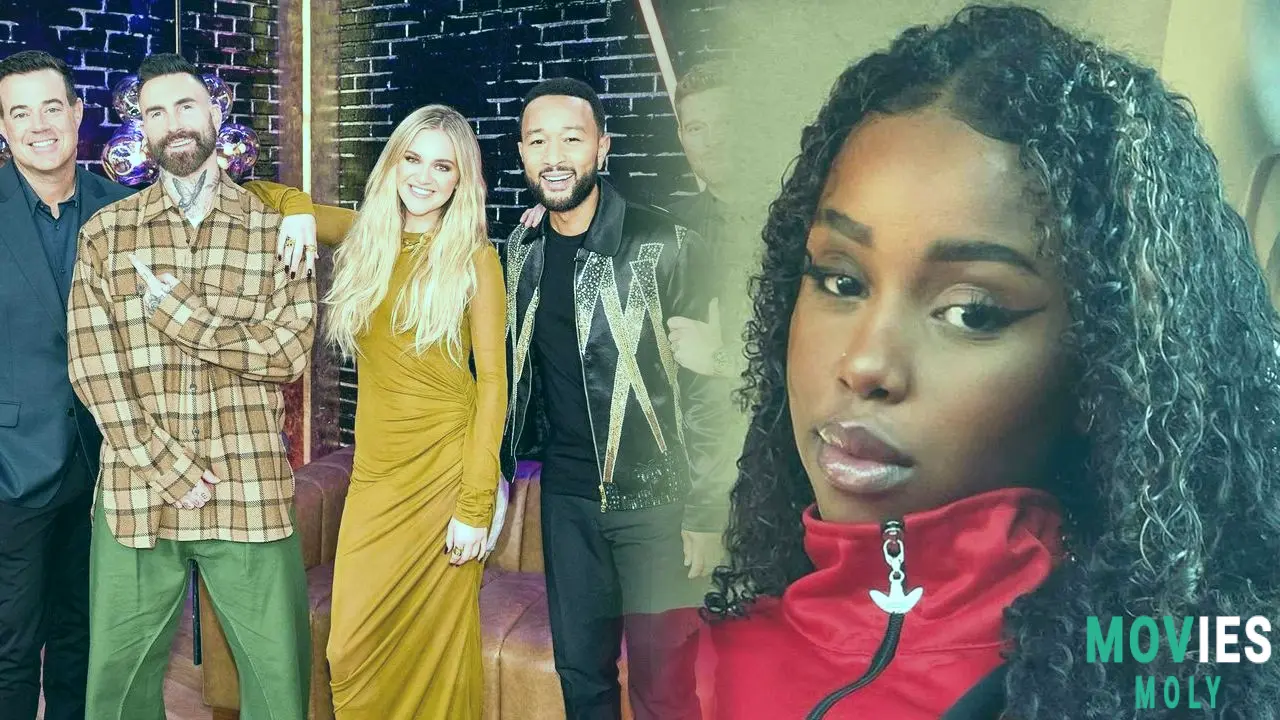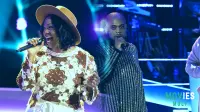By channeling the high-stakes energy of a Marvel finale and the emotional depth of a Batman origin story, The Voice Season 27 Playoffs proved once again why this show remains a cultural juggernaut in the world of competitive television.
As the curtain begins to close on Season 27, NBC's The Voice isn’t just inching toward a winner — it’s delivering some of its most powerful, resonant episodes in years. The recent Playoffs round, aired on April 28, was less about who could hit the highest note and more about who could *feel* it the deepest. With Coaches Adam Levine, Kelsea Ballerini, John Legend, and Michael Bublé (the latter two yet to face the gauntlet of eliminations), the pressure cooker that is The Voice intensified in a way that fans of Marvel’s Infinity Saga or DC’s Kristen Bell-era Gotham might truly appreciate.
The Playoffs Turned Into a Comic-Book-Level Showdown of Choices and ConsequencesOne of the most fascinating layers to The Voice — much like the best superhero franchises — is the evolution of its mentors. Adam Levine’s return to the red chair after a hiatus mirrors the return of a seasoned hero to a familiar battlefield. Having coached through the show's chaotic early seasons (where Levine likened the atmosphere to being in a “punk rock band” with CeeLo Green and Christina Aguilera), he now steps in with a sharper edge and a more strategic mindset.
Levine’s experience was on full display as he was forced to whittle his team from five down to two — a brutal culling with no Steals or Saves in sight. Across the stage, Kelsea Ballerini echoed the emotional toll of these decisions, admitting she felt “truly uncomfortable and nervous” in the elimination process. Her honesty adds a layer of humanity to the show, transforming what could be a mere talent contest into a gladiatorial arena of growth, hope, and heartbreak.
Standout Performances That Belong in a Cinematic Universe of Their Own
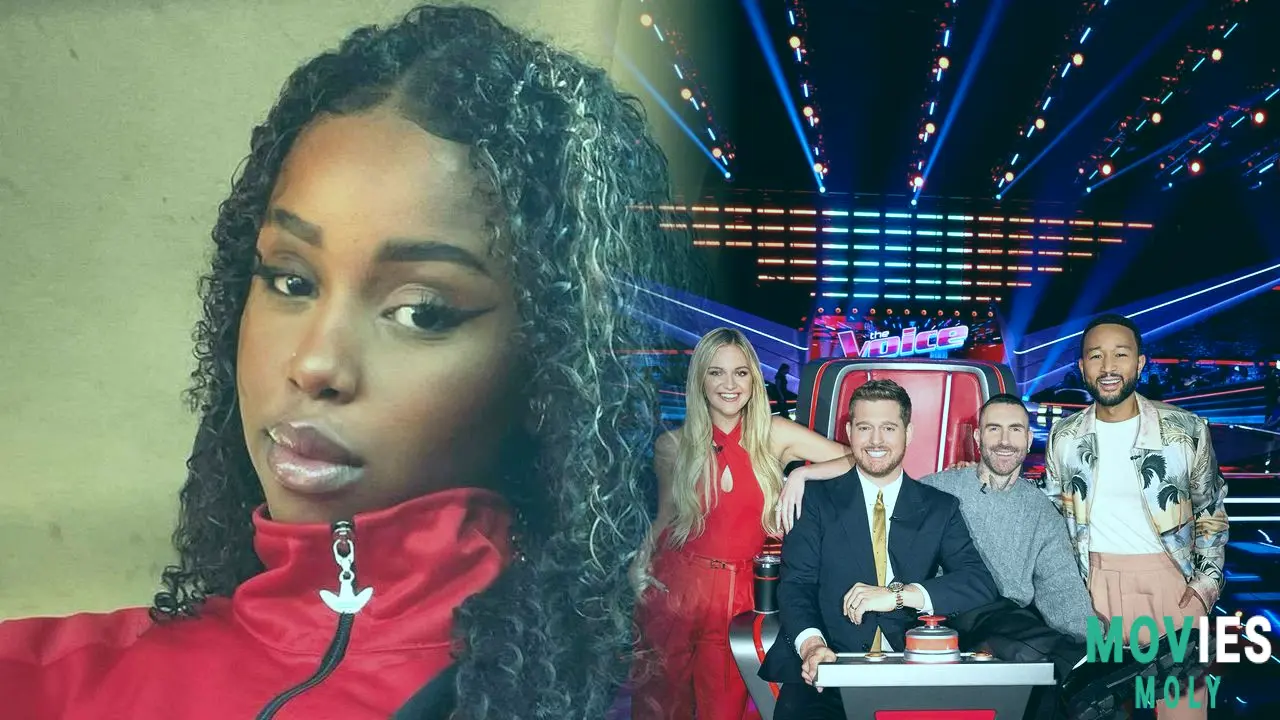
Every hero needs a moment to shine, and Season 27’s contestants delivered like they were auditioning for the next Guardians of the Galaxy soundtrack. Iris Herrera, with her gritty take on “White Horse,” channeled a raw, rock-star energy that made her presence impossible to ignore. She’s not just surviving — she’s evolving, much like a character who once played a sidekick but is now stepping into the lead role.
Then there’s Alanna Lynise, whose flawless navigation of SZA’s “Nobody Gets Me” turned the stage into her personal comic panel. Her performance wasn’t just technically sound; it was storytelling at its finest. When Coach Ballerini said she “believes in you so much,” it felt like a Professor X moment — an acknowledgment of untapped potential ready to explode.
And we can’t talk about this episode without Tinika Wyatt. Her rendition of “I Can Only Imagine” was nothing short of a mic-drop from the emotional heavens. Starting note-perfect and soaring into soul-stirring territory, Tinika didn’t just perform — she *ascended*. If The Voice had a cinematic climax, this was it.
The Most Controversial Cuts That Sparked Fan Debates (and Rightfully So)
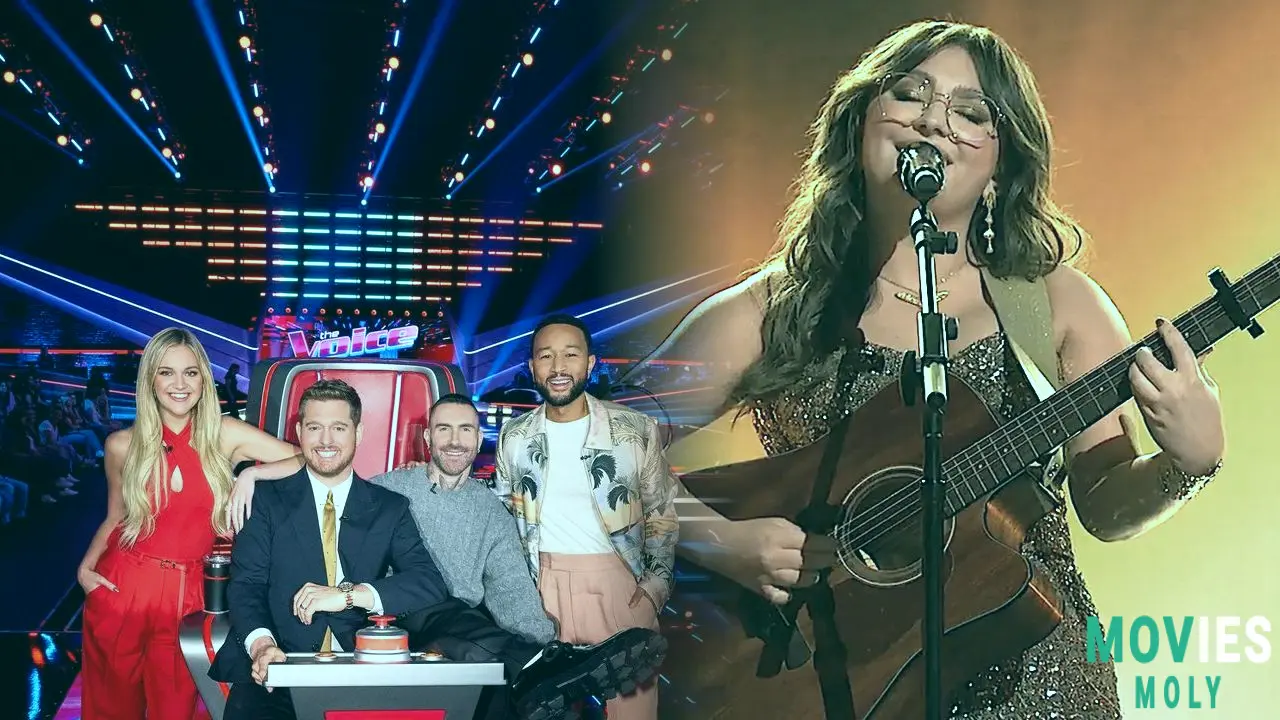
Every epic saga needs a plot twist, and Kelsea’s decision to cut Jaelen Johnston — the last country artist standing — sent shockwaves through the fandom. His emotional performance of Tim McGraw’s “If You’re Reading This” was a punch to the heart, and many, including this writer, weren’t ready to let him go. It’s the kind of move that makes you question the strategy behind the storytelling. Are the coaches playing to win, or are they crafting a narrative?
Adam Levine’s choices were equally polarizing. Letting go of Ethan Eckenroad, whose Lord Huron ballad was drenched in feeling, seemed like a misstep in pure emotional resonance. Keeping Kolby Cordell, who delivered an energetic but uneven “Finesse,” struck me as a decision rooted more in persona than vocal precision. But then again, persona is half the battle in a show like this — and Kolby’s swagger might just be his superhero power.
Behind the Scenes: How The Voice Has Transformed Into a Well-Oiled Emotional Machine

Levine’s reflection on the show’s evolution—from chaotic early seasons to its current “pleasant” and “efficient” state—offers a fascinating peek behind the curtain. What was once a wild experiment with personalities has matured into a finely tuned platform for real talent. It’s the evolution of a franchise, much like how Fast & Furious went from street racing to globe-trotting action epics.
Now, with LeAnn Rimes and Sheryl Crow stepping in as Playoff Mega Mentors, the contestants aren’t just fighting for airtime — they’re being forged by some of the most seasoned pros in the industry. These guest mentors add another layer of depth, turning the Playoffs into an arena where growth isn't just encouraged — it's inevitable.
What’s Next for The Voice and Its Ever-Expanding Legacy?
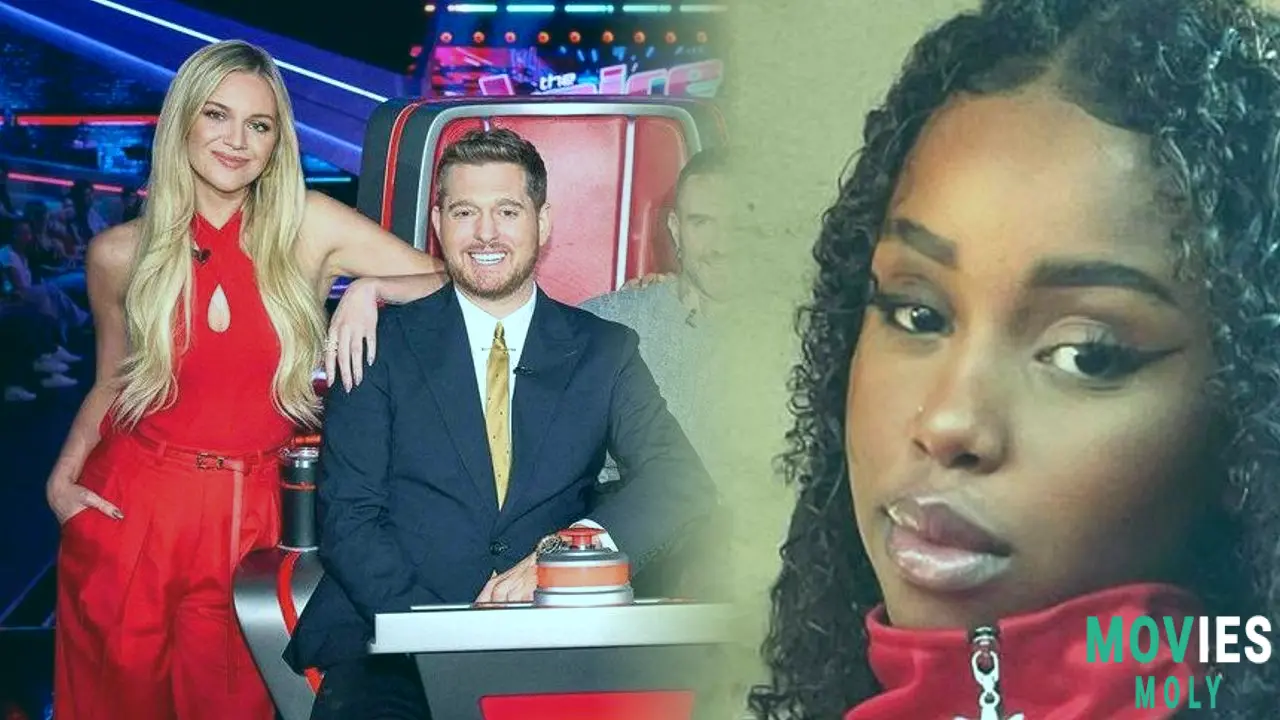
As we hurtle toward the Live Shows, with only two contestants per team remaining, The Voice continues to prove that it’s more than just a singing competition. It’s a living, breathing universe of dreams, dilemmas, and dazzling moments. Whether you're Team Legend, Team Adam, Team Kelsea, or just here for the epic vocal battles, Season 27 is delivering storylines as compelling as any comic book or blockbuster franchise.
So, as we gear up for the final showdown, one question remains: Who will wield the mic like it’s their superpower? Because on The Voice, that’s exactly what winning feels like.

